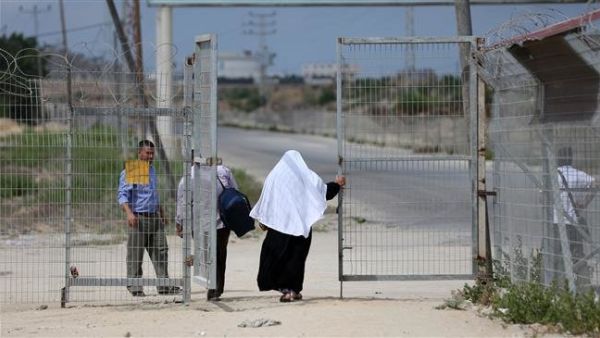The Israeli authorities declared closure on the occupied West Bank and the besieged Gaza Strip starting late Tuesday night until late Wednesday for the Yom Kippur Jewish holiday.
Israel said that all crossings with the Gaza Strip will be closed, only allowing passage for humanitarian and medical cases holding special permits.
Israeli checkpoints allowing entry into Israel from the West Bank would also be closed.
The closure comes for the Jewish holiday of Yom Kippur, also known as Day of Atonement, one of the most sacred holidays in Judaism, which starts at sunset on Tuesday and ends at sunset on Wednesday.
In addition, Israel will also be imposing closure on the West Bank and Gaza for the upcoming Jewish holiday of Sukkot, also known as the Feast of Tabernacles, closing all crossings from Saturday's midnight, September 22nd , until Monday October 1st.
Israel regularly imposes closures on the West Bank and Gaza for Jewish holidays, but week-long festivals like Sukkot usually only have closures imposed at the end of the holiday, lasting a few days.
Severe restrictions on movement for Palestinians are typically implemented by Israeli authorities during Jewish holidays for alleged security purposes, accompanied by increased tensions around the Al-Aqsa Mosque compound.
Israel's imposition of closures on the Palestinian territory has severely affected the livelihoods of Palestinians who depend on entering Israel, or its illegal settlements, for employment opportunities, medical care and other reasons. Such policies have been strongly criticized by rights groups for amounting to collective punishment.
This article has been adapted from its original source.








